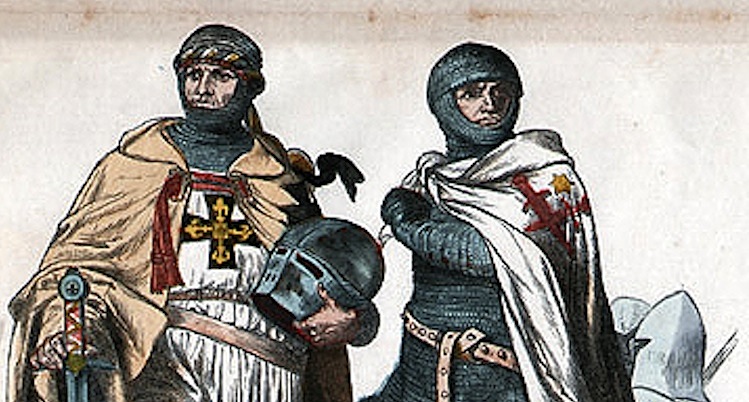The Power of Belief
It has never been a requirement that nations, or their political or military leaders, actually believe in the causes over which they wage war. Indeed, history is replete with conflicts fought for reasons so transparently false as to be laughable—except, of course, for the resulting death and destruction.
Leaders have often taken their peoples to war to “protect the national honor” when that honor—if it actually existed in the first place—was not at risk and the leaders’ only real aim was territorial expansion or the elimination of a regional rival. The same has often been true when nations have claimed the right, even the moral responsibility, to protect their ethnic, linguistic or cultural brothers from oppression. Oddly, the fact those brothers just happen to live on extremely desirable land just over a poorly defended international border never seems to show up on the invaders’ list of justifications.
Religion has also long been popular as a handy excuse for war, despite the fact that all the world’s major faiths decry the use of violence, especially against the innocent, as a matter of fundamental principle. Over the millennia countless clerics—both ordained and self-appointed—with ulterior and decidedly ungodly motives have cynically urged their flocks to take up the sword to defend against the depredations of the “infidel” or to forcibly convert those stubborn enough not to have voluntarily accepted the “true faith.” Even in our modern, 21st century world willful ignorance of a religion’s true tenets—or the intentional distortion of them—can lead to heads ending up on pikes.
And yet, in discussing military history we cannot simply dismiss the effect that honest belief in the rightness of a cause or the goals of a mighty leader have had and continue to have. A king’s true belief in the God-given rightness of his cause and in his own martial abilities, for example, has often carried the day. A gifted naval leader’s conviction in the wisdom of a surprise, lightning strike against an unprepared enemy has more than once nearly succeeded in knocking that foe out of the war before it had even truly begun. And how many artists—or historians, for that matter—have believed so fervently in the greatness of a sovereign or of an ancient people that they have used their talents to create an image or a story far more memorable than the reality?





